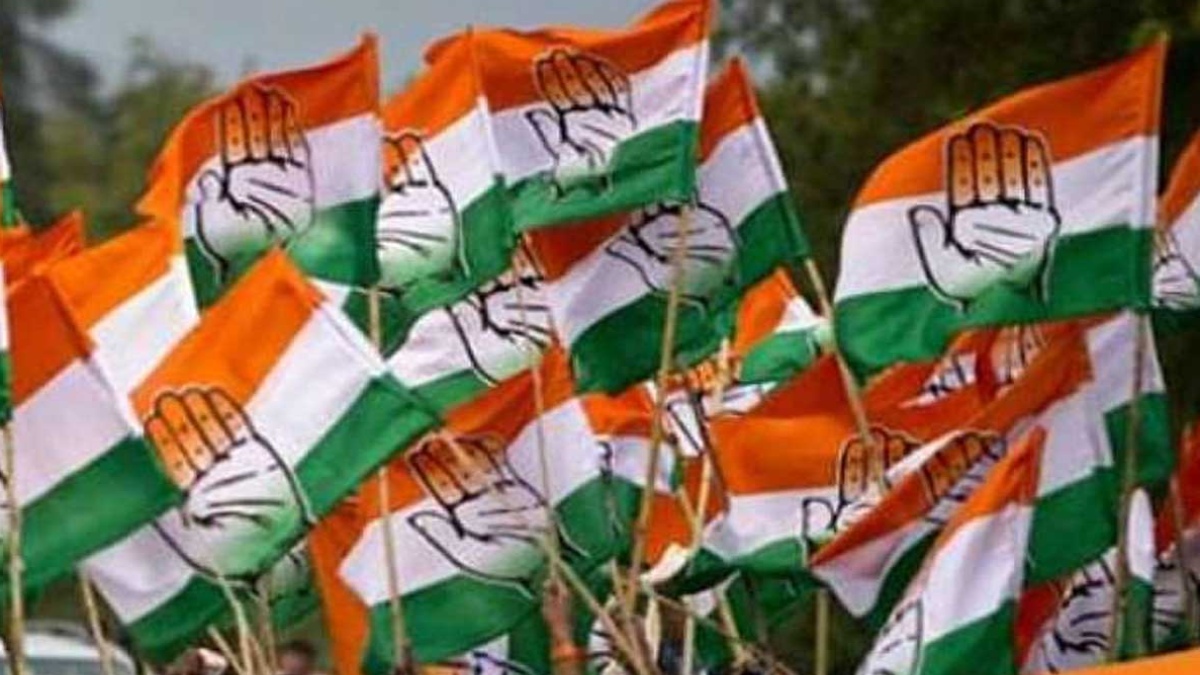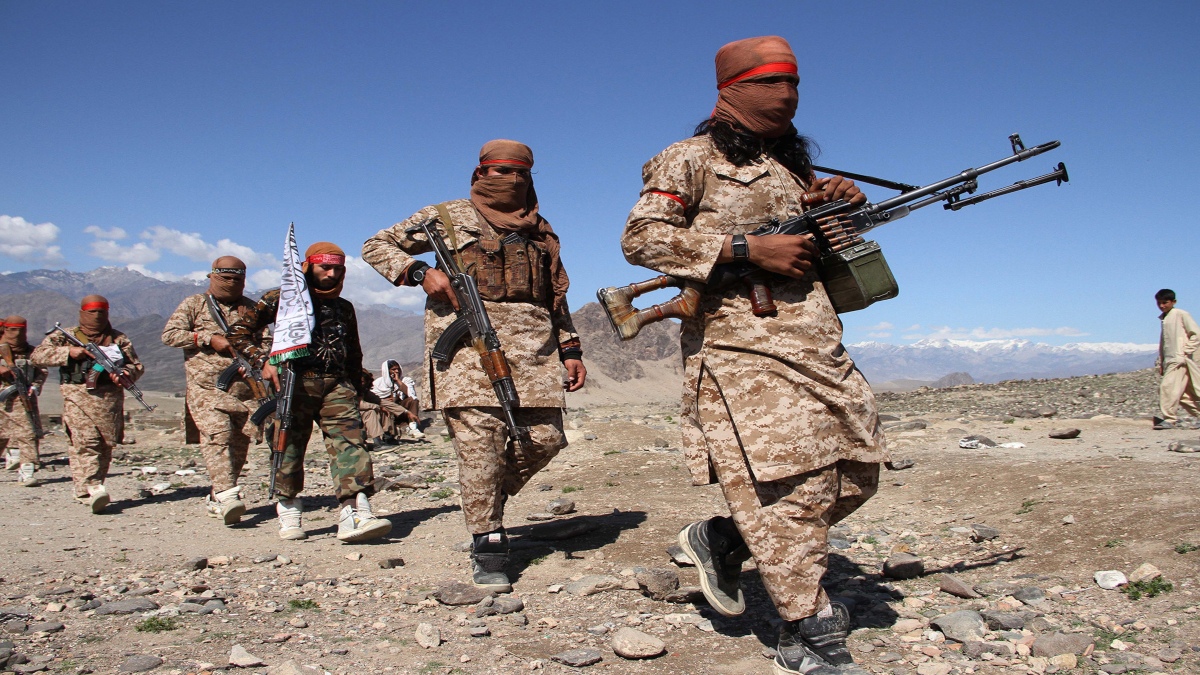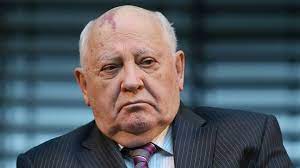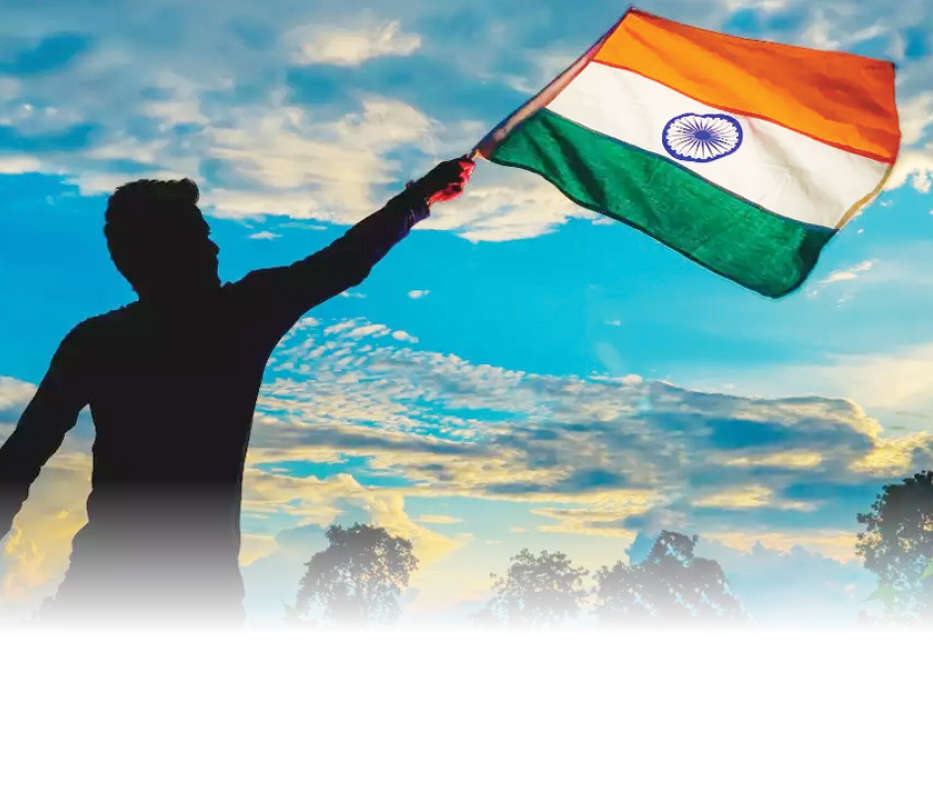I am searching for words to adequately express my gratitude for the good words spoken about me by all.
I am very happy to see all my well-wishers, friends and family members who have travelled with me for many long years. You all have taken trouble to reach this place to bid farewell to me. I thank each and every one of you for assembling here and for showering your blessings on me and my family.
You all know where I started. My life’s journey began in a remote village called Ponnavaram in the Krishna district of Andhra Pradesh where electricity, roads and basic amenities were not available. First time I saw electricity when I was 12 years old. I learnt the alphabets in English around the same time. We used to reach school walking on muddy roads, across the fields and crossing streams. With a lot of struggle, and hard work I have come up in life. For this, I thank my first gurus, that is, my parents and the teachers in various government schools.
I am indebted to all my teachers and lecturers because the essence of education that they had given to me was helpful not only for the purpose of acquiring academic knowledge but also helped in providing necessary moral strength and courage to face any calamity in life. This arduous journey finally brought me to Delhi.
This long journey is marked by many experiences, most of which are sour rather than sweet. At the young age of 17, I could lead a trade union of around 10,000 workers. At the same time, I could also lead students, farmers and employees. I was immersed in so many agitations and struggles. I have also suffered on account of the Emergency excesses. In fact, I lost an academic year on this count. Confronting problems, and resolving issues, is not something new to me. This period enabled me to interact with persons of varying ideologies and broadened my horizons. They taught me as to how to live in isolation, in an environment where you cannot express or share your thoughts on any of the issues.
I witnessed the resilience of human existence, the power of human struggles, dignity in poverty and most importantly unshakable hope and faith. Through these ordinary everyday experiences, I developed the extraordinary passion of serving the people.
Being a first-generation lawyer, I have faced many challenges in my life and realized that except hard work there is no shortcut to success. The journey of struggle and bitter experiences in my career helped me to diversify my activities. I had the opportunity of defending the State in several cases. I watched the important events of this country unfolding from close quarters. I always accepted rejection as God’s redirection and retained my honesty and integrity. I want every advocate to remember that sometimes life scares you, and beats you up, but there is a day when you realize that you are not just a survivor, you are a warrior. You are tougher than anything that is thrown your way. My professional life was also full of challenges.
To begin with, I was in two minds- to be a judge or to be among the people to offer leadership. I believe in destiny, in God and the blessings of the Almighty. It has been the honour of my life to be elevated as a Judge. I accepted it with all humility. I always remembered myself, while functioning as a Judge, of my privileged obligation to discharge services to this great society. Once I became a Judge, I gave my heart and mind to it.
From the date I joined bench till I reached the highest possible position in the judiciary, I was subjected to conspiratorial scrutinies. My family and I suffered in silence. But ultimately, the truth will always prevail. Satyameva Jayate.
At this juncture, I am reminded of the words of Martin Luther King, Jr.:
“The ultimate measure of man is not where he stands in the moments of comfort and convenience, but where he stands at times of challenge and controversy”
Anything and everything that I could achieve were only after facing a lot of struggle, setbacks and hardships in life. I have embraced all the challenges that came my way and strengthened myself and understood that every failure carried with it a seed of equivalent advantage.
I never claimed myself to be a scholarly judge or a great judge, but I have always believed that the ultimate purpose of justice delivery system is to provide justice to the common man.
I have elaborated in my earlier speeches as to how difficult the life of a Judge is. Your health also gets ruined in the process. Only Judges and lawyers understand this aspect of a Judge’s life. It is for you lawyers to explain to the people of hard work involved in a judge’s life.
In the last 75 years, our jurisprudence has evolved considerably. Our judiciary is not defined by a single order or decision. Yes, at times, it fell short of peoples’ expectations. But most of the times, it has championed the cause of the people. It was widely predicted that with A.K. Gopalan, the due process of law was history. But, this Court, in the case of Maneka Gandhi restored what was taken away earlier. Similarly, ADM Jabalpur was seen as a death knell on personal liberty. Subsequently, the error stood rectified by a 9-Judges Bench in K. S. Puttaswamy. This institution never hesitated to remedy itself. Your hope upon the institution cannot be so weak that it is shattered with one perceived unfair judgment.
When it comes to an individual judge, the expectations are very high. In the game of cricket, the player is expected to hit every ball for a six. After all, everyone loves to hit a six and win accolades for himself and the team. But only a player knows as to how to deal with each ball, given the conditions of the pitch, the style of bowling and the placement of the fielders. At times, the circumstances may not allow him to score even a single run.
The advocates are best placed to understand this predicament of a Judge and dispel wrong notions about them. Here I would like to read out what Senior Advocate Mr. Sanjay Hegde wrote in a newspaper article, and I quote:
“When a senior advocate asked [Justice] Bhagwati about the dichotomy between the reasoning and the relief [in Maneka Gandhi and R D Shetty], the judge explained that his brother judges were only concerned with the relief being denied in those cases. As long as [Justice] Bhagwati followed their lead on the relief, he got to write the judgment and lay down doctrines of law that continue to operate deep into the future. Every lawyer who today wins on the basis of R.D. Shetty and Maneka Gandhi judgments owes his victories in no small measure to Bhagwati’s foresight”
In earlier days, the Bar used to play a proactive role in the resistance. The members of the Bar used to willingly associate themselves with various social causes. It is the legal battles initiated by the Bar Associations that have led to progressive interpretations of the Constitution. It is in this spirit that the Bar must work to strengthen democracy.
One aspect that I want to bring to your notice is my choice of travelling across the country almost every weekend to speak to the public through various events. The popular perception is that the Indian judiciary was alien and quite distant to the general public. There are still millions with suppressed judicial needs who are apprehensive to approach the judiciary in times of need. My experience so far has convinced me that in spite of fulfilling its Constitutional mandate, the judiciary does not find adequate reflections in the media, thereby depriving the people of knowledge about the Courts and the Constitution. I felt it was my Constitutional duty to dispel these notions and bring the Court closer to the people, by way of generating awareness and building confidence among people about the judiciary. From what I get to hear from the common people during my visits, I am happy to note that people are able to engage with me on my subject in their language. I have actively tried to promote a sense of belongingness of the people with the system.
My constant endeavor was to make the people aware, not just about their rights and obligations, but also about the Constitutional scheme and democratic values and institutions. My sincere effort was to initiate a dialogue.
As part of my public speaking engagements, I have focused on certain subjects of institutional importance. The focal point of any justice delivery system is “the litigant- the justice seeker”. But our system, practices, rules, being colonial in origin, may not be best suited to the needs of Indian population. The need of the hour is the Indianisation of our legal system. When I say Indianisation, I mean the need to adapt to the practical realities of our society and localise our justice delivery system. I have pushed for modernisation of judicial infrastructure as a means for providing access to justice. I also tried to highlight the difference between the arrears and backlogs to put things in perspective. “Arrears” refer to delays that are unwarranted. Every delay is not an arrear. Some cases of delay might be due to valid reasons. On the other hand, “backlogs” refers to a situation where the number of cases instituted in a period is more than the number of cases disposed of in the same period.
I am happy to inform that thanks to my collegium judges and consulting judges, in the last 16 months, we could appoint 11 judges to the Apex Court and out of the 255 recommended for the various High Courts, 224 Judges are already appointed. This amounts to nearly 20% of the total sanctioned strength of the High Courts. Due to our concerted efforts, we could make considerable progress in appointing more women judges and promoting social diversity on the Bench. We got 15 new Chief Justices for various High Courts during the same period. This process is a reflection of the coherence and determination of the Judges to strengthen our institution, to further the goal of justice.
These are the issues that I tried my best to solve. However, I acknowledge there are many other issues that the system is facing and it needs scientific assessment. From the very beginning my stand is that since independence no systematic assessment of the judicial system in India has taken place. The Bar, the Bench and the Government are all equal stakeholders in the justice delivery mechanism. We need their coordinated efforts to revamp the entire system.
The issues faced by the judiciary cannot be looked at in isolation. The judiciary is independent when it comes to adjudication of cases, but with respect to finances or appointments it is still dependent on the Government. To coordinate and to get the cooperation from the Government, interaction is inevitable. But interaction does not mean influence. I hope this dialogue between the judiciary and the public will continue.
With the best of my intentions and efforts, I have carried out my solemn duty with a debt of gratitude to my motherland. This country has provided me with many opportunities and happiness, and it was an honor to serve you all. Both your support and criticism has carried me this far. The end of my tenure just marks the end of my constitutional assignment, however, I shall fulfill the constitutional vows till the end my last breathe.
An English politician once said, and I quote:
“History is not the burden of one man or woman alone but some are called upon to meet a special share of its challenges. History is more than the path left by the past. It influences the present and can shape the future.”
Only history can judge as to the influence of the path left by me on the present and the future.
Before I conclude I would like to place on record my sincere thanks to all my colleagues on the bench.
I had the privilege of being guided by learned Attorney General Shri K.K. Venugopal, the Bheeshma pitamaha of the Indian legal fraternity.
I also thank the Solicitor General for his active assistance to the Court. On a personal level, he is a good human being. He comes forward readily to help anyone in need.
Mr. Vikas Singh, the President of SCBA is a dynamic leader. He is very persuasive, but with a little soberness he can achieve even more.
Before I conclude, I would like to sincerely thank the Secretary General, the Registrars and the entire Registry of the Supreme Court. My personal residential staff has worked with me for a long time. I thank them all for their constant dedication and hard work.
The media has been extremely cooperative in disseminating the information about the judiciary. You share the equal burden of dispelling myths and notions. I thank you for being an active partner in this collaborative project of strengthening judiciary. I thank each one of the journalists who have been covering the proceedings of the Supreme Court diligently, efficiently and instantly.
My journey so far has been made possible due to innumerable sacrifices made by my revered parents Shri Ganapati Rao and Smt. Sarojini Devi, and my two elder sisters Prabhanjani and Vani. My wife Sivamala stood by me like a rock, through thick and thin. She has been my equal partner in all my struggles and successes. I am blessed with two loving daughters Dr. Sri Bhuvana and Sri Tanuja who continue to cheer my life.
Now my family also includes Rithesh and Trilok, with 3 grandchildren Sriya, Sri Nitya and Sai Virat. I do not have to worry about my post retirement phase.
I am demitting my office with utmost contentment. When you ultimately judge me as a Judge, I would like to say that I may be judged as a very ordinary Judge, but one who greatly relished and enjoyed the job. I may be judged as one who meticulously followed the rules of the game and did not trespass into provinces forbidden. More importantly, as one who recognized preliminarily the moral power of a Judge. I may be remembered as a Judge who heard the senior and the junior alike. As a Judge, I always wanted my name to be etched on the hearts of the people through my conduct and behavior, rather than case law and journals. I want to remain in those vibrant hearts which will give me warmth and keep me going forever. I have seen the flow of emotions in Courtroom No. 1 this morning. This is a reflection of the strong sense of your belongingness with the institution. I was touched by the display of emotions in particular by Mr. Sibal and Mr. Dave.
I never miss an opportunity to quote the famous Telugu poet Maha Kavi Gurajada Appa Rao garu, and I quote:
“deshamante matti kaadoy
deshamante manushuloy”
Gurajada garu gave a universal definition to the concept of nation. He said a nation is not merely a territory. A nation is essentially its people. Only when its people progress, the Nation progresses.
“swanta laabham konta maanuku
porugu vaariki todupadavoi”
Gurajada garu went on to urge people to rise above one’s own interest and to extend a helping hand to those in need. If we put this principle in practice, we will soon start seeing a better world free of conflicts and violence. It is towards establishing such a progressive world that we collectively need to endeavour as global citizens.
As enlightened citizens and as the most important stakeholders of our judicial system, I urge upon you all to think about the society, the nation i.e. the people. It is the universal brotherhood that will bridge the gaps.
Thank you.
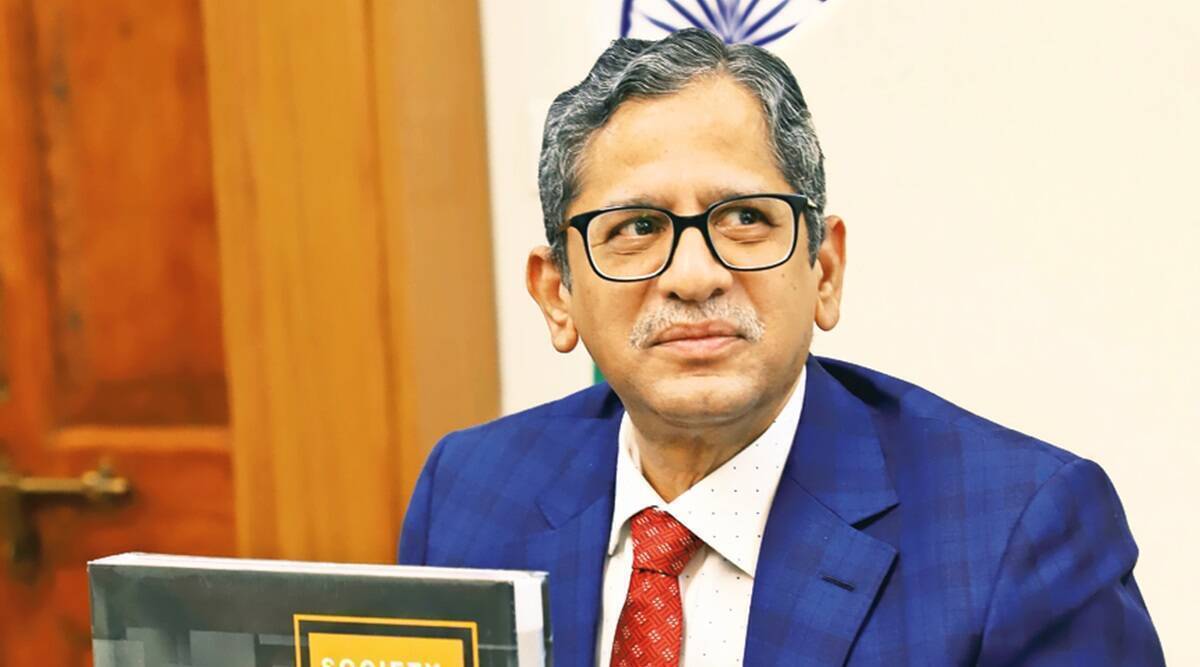

 Opinion3 years ago
Opinion3 years ago
 Entertainment8 years ago
Entertainment8 years ago
 Entertainment8 years ago
Entertainment8 years ago
 Fashion8 years ago
Fashion8 years ago
 Opinion4 years ago
Opinion4 years ago
 Entertainment8 years ago
Entertainment8 years ago
 Politics8 years ago
Politics8 years ago
 Entertainment8 years ago
Entertainment8 years ago
